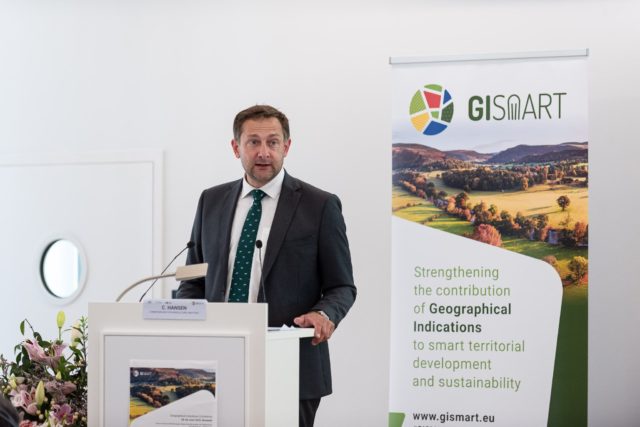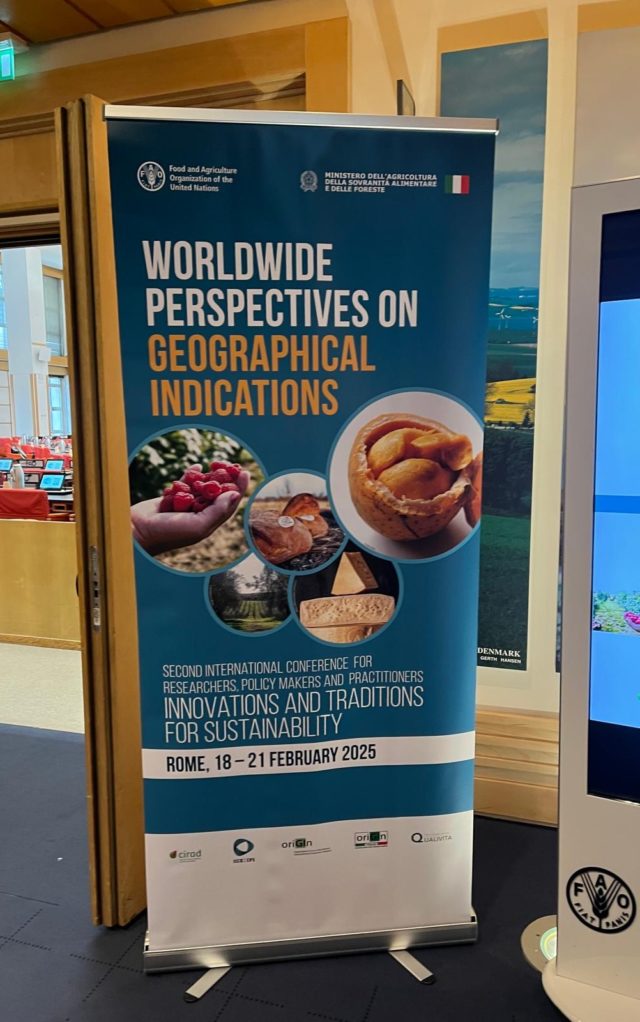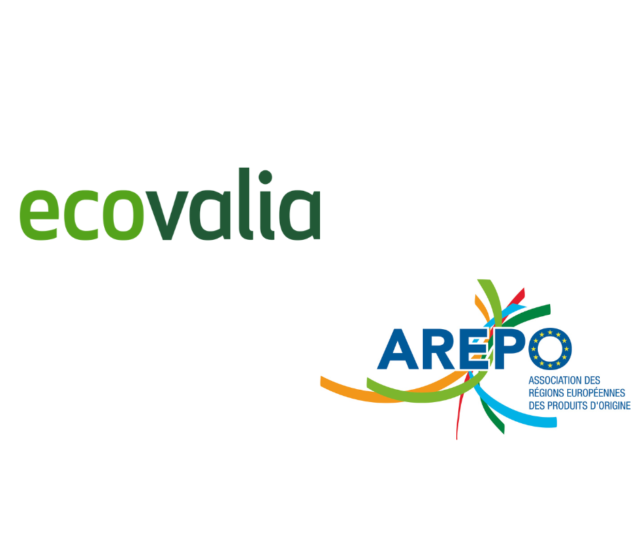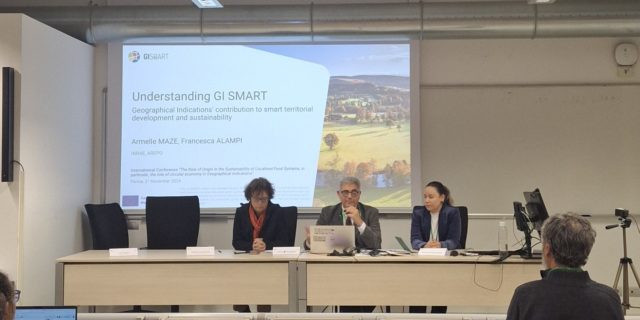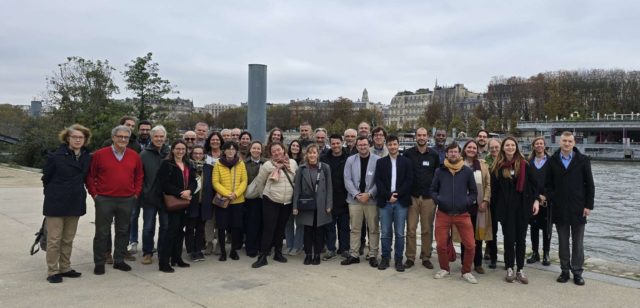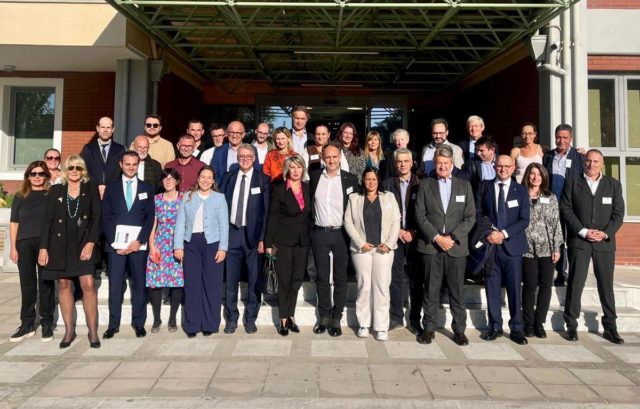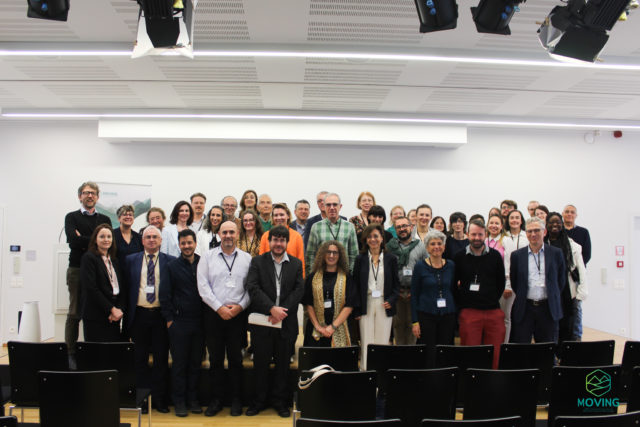The present study was commissioned to Arcadia International E.E.I.G. by the European Federation of Origin Wines (EFOW), which members are Conferencia Española de Consejos Reguladores Vitivinícolas (CECRV), Confédération Nationale des producteurs de vins et eaux de vie de vin à Appellations d’Origine Contrôlées (CNAOC), Confederazione Nazionale dei Consorzi Volontari per la Tutela delle Denominazioni dei Vini Italiani (Federdoc), and Instituto dos Vinhos do Douro e Porto (IVDP), in partnership with the German winegrowers’ association Deutscher Weinbauverband e.V (DWV). The objective of the study is to provide a better understanding of the initiatives undertaken or available to the wine appellation sector to address sustainability. This report presents the results of the study based on the work carried out by the study team during the period June 2021- January 2022. It is structured as follows:
● Section 1 presents the objectives and the scope of the study taking into account the specifications drafted by EFOW and DWV;
● Section 2 describes the overall methodological approach applied to reach the objectives of the study and the workplan;
● Section 3 provides an overview of the state-of-the-art knowledge and practices in the field of sustainability in the wine sector;
● Section 4 presents the main findings of the study with regard to the sustainability practices currently implemented or available to producer groups of protected designation of origin (PDO) wines in the five main producing European countries on which the research primarily focused on;
● Section 5 considers and discusses the main challenges and impacts that the EU’s sustainability agenda poses to the wine appellation sector;
● Section 6 considers and discusses the policy options available to the wine appellation sector to further contribute to the implementation of the EU’s sustainability agenda; and,
● Section 7 finally presents the main conclusions of the study


